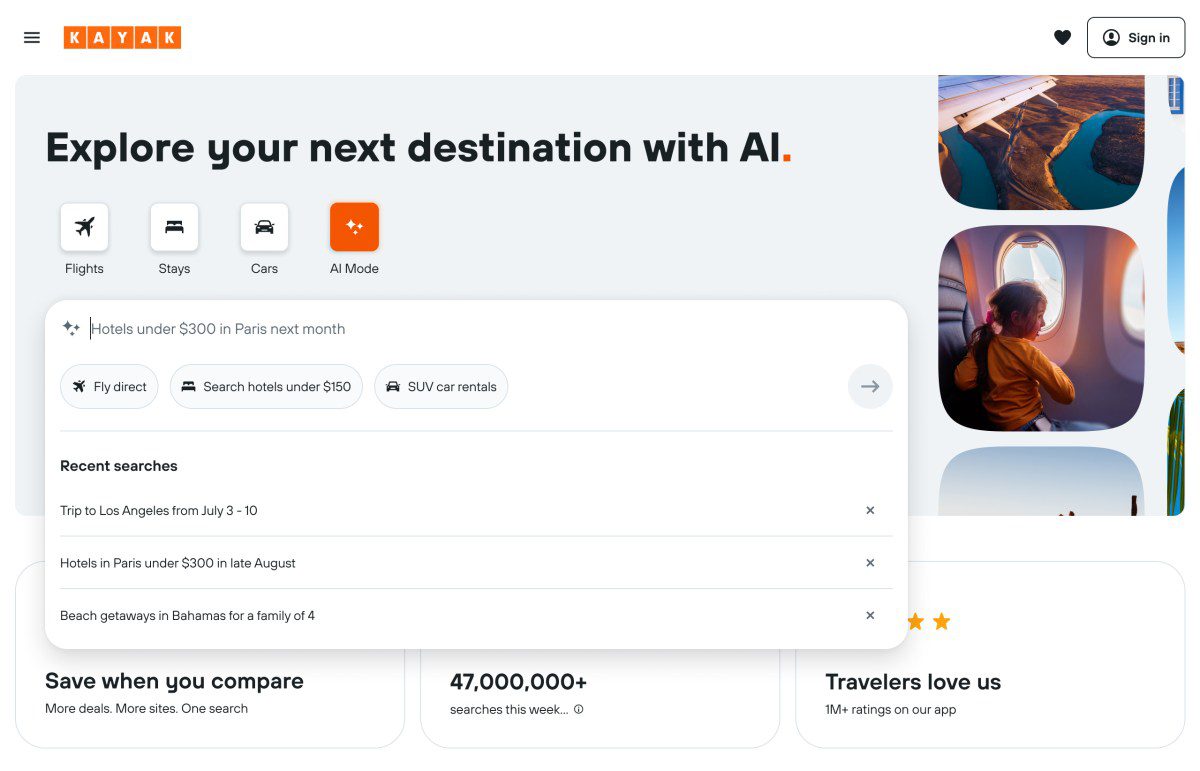
why ai startups are taking data into AI startups are increasingly opting to develop proprietary training data as a means to enhance their competitive edge in the rapidly evolving technology landscape.
why ai startups are taking data into
The Shift in Data Acquisition Strategies
Historically, many AI startups relied on freely available data scraped from the internet or gathered through low-cost labor from annotators. This approach allowed for the rapid accumulation of vast datasets, which were essential for training machine learning models. However, as the AI landscape matures, the limitations of this method have become evident. Companies are now recognizing that proprietary training data can serve as a significant competitive advantage.
The Value of Proprietary Data
Proprietary data refers to information that is owned and controlled by a specific organization. This data can include unique datasets that are not available to competitors, providing a distinct edge in model training and performance. The advantages of proprietary data are manifold:
- Quality and Relevance: Proprietary datasets can be tailored to meet specific needs, ensuring that the data is not only high-quality but also relevant to the tasks at hand.
- Reduced Competition: By using exclusive data, startups can develop models that are less likely to be replicated by competitors, thereby carving out a unique market position.
- Enhanced Performance: Models trained on proprietary data often outperform those trained on generic datasets, leading to better user experiences and higher customer satisfaction.
Challenges of Data Ownership
While the benefits of proprietary training data are clear, the transition from public to private data sources is not without its challenges. Startups face several hurdles in acquiring and maintaining proprietary datasets:
Cost Implications
Building proprietary datasets can be expensive. The costs associated with data collection, curation, and annotation can quickly add up, particularly for startups that may already be operating on tight budgets. This financial burden can deter some companies from pursuing proprietary data strategies, especially when they are accustomed to leveraging free resources.
Legal and Ethical Considerations
Data ownership also raises legal and ethical questions. Startups must navigate complex regulations regarding data privacy and intellectual property. For instance, the General Data Protection Regulation (GDPR) in Europe imposes strict rules on how personal data can be collected and used. Companies must ensure compliance to avoid hefty fines and reputational damage.
Technical Expertise
Developing proprietary datasets requires specialized skills and knowledge. Startups may need to hire data scientists, engineers, and domain experts to ensure that the data is not only collected effectively but also annotated accurately. This need for expertise can further strain resources, particularly for smaller companies.
Strategies for Building Proprietary Datasets
Despite the challenges, many AI startups are successfully building proprietary datasets through various strategies. Here are some common approaches:
Partnerships and Collaborations
Forming partnerships with other organizations can be an effective way to access proprietary data. By collaborating with industry leaders, research institutions, or even other startups, companies can pool resources and share data. These partnerships can lead to the development of unique datasets that benefit all parties involved.
Crowdsourcing Data Collection
Crowdsourcing has emerged as a viable method for gathering proprietary data. By leveraging platforms that allow individuals to contribute data, startups can build extensive datasets quickly and cost-effectively. This approach not only reduces costs but also allows for diverse input, enhancing the richness of the data collected.
In-House Data Generation
Some startups are investing in in-house data generation techniques. This can involve creating synthetic data or using simulations to produce datasets that meet specific criteria. While this method requires significant upfront investment in technology and expertise, it can yield highly relevant data tailored to the company’s needs.
Market Implications of Proprietary Data
The shift towards proprietary training data is reshaping the AI market landscape. As startups increasingly recognize the value of exclusive data, several implications arise:
Increased Competition
As more companies invest in proprietary datasets, competition in the AI space is likely to intensify. Startups that successfully leverage unique data will be better positioned to innovate and capture market share, while those that rely on public datasets may struggle to keep up.
Innovation in Data Solutions
The demand for proprietary datasets is driving innovation in data solutions. Companies are developing new tools and platforms to facilitate data collection, curation, and management. This trend is likely to lead to the emergence of specialized data service providers that cater specifically to the needs of AI startups.
Shifts in Investment Strategies
Investors are also taking note of the importance of proprietary data. Venture capital firms are increasingly looking for startups that have a clear strategy for data acquisition and ownership. This shift in investment focus could lead to more funding for companies that prioritize proprietary datasets, further fueling competition in the AI sector.
Stakeholder Reactions
The move towards proprietary training data has elicited a range of reactions from stakeholders across the industry:
Startups
Many startups view the shift as a necessary evolution in the AI landscape. Founders and executives recognize that relying on public datasets is no longer sufficient for sustained growth and innovation. As a result, they are actively seeking ways to build proprietary datasets that can differentiate their offerings.
Investors
Investors are becoming more discerning about the data strategies of the companies they fund. They are increasingly interested in startups that demonstrate a clear understanding of the value of proprietary data and have plans in place to acquire and manage it effectively. This shift is influencing funding decisions and shaping the overall investment landscape.
Regulators
Regulatory bodies are also paying close attention to the implications of proprietary data ownership. As companies collect and utilize more exclusive datasets, regulators are tasked with ensuring that data privacy and ethical considerations are upheld. This scrutiny may lead to new regulations that impact how startups approach data acquisition.
The Future of AI and Data Ownership
The trend towards proprietary training data is likely to continue as AI startups seek to differentiate themselves in an increasingly competitive market. As companies invest in building exclusive datasets, the implications for innovation, competition, and investment strategies will be profound.
In conclusion, the shift towards proprietary training data represents a significant evolution in the AI landscape. While challenges remain, the potential benefits of exclusive data ownership are compelling. Startups that successfully navigate the complexities of data acquisition will be well-positioned to lead the charge in AI innovation, ultimately shaping the future of the industry.
Source: Original report
Was this helpful?
Last Modified: October 17, 2025 at 12:41 am
2 views















